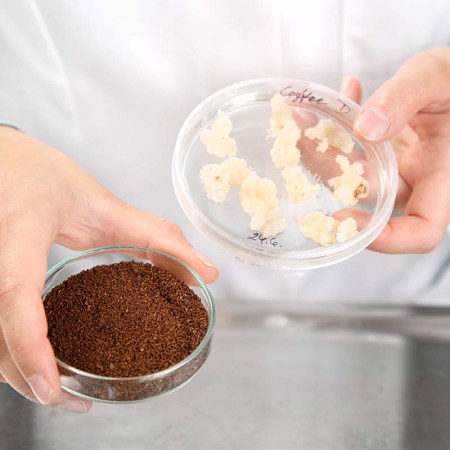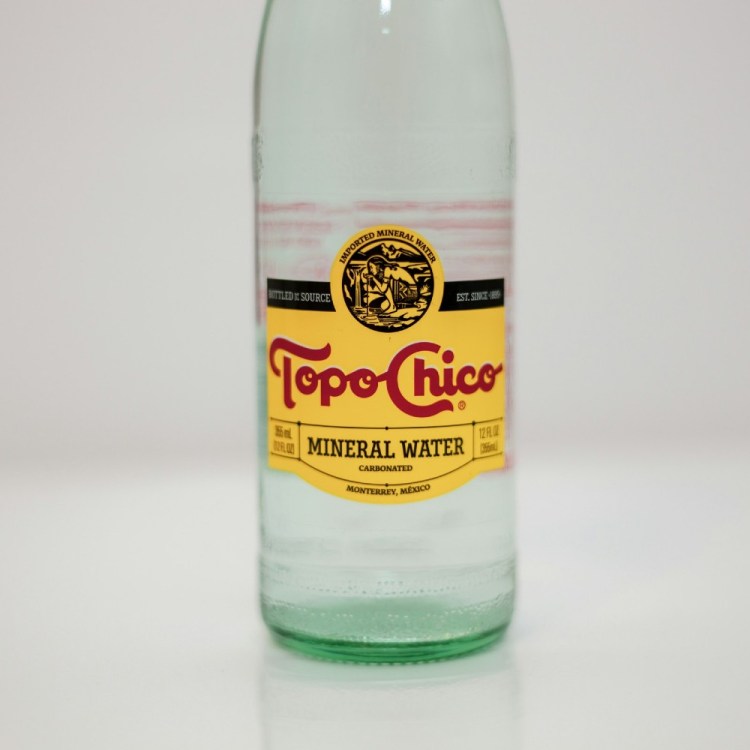Call it lab-grown meat or call it cultivated meat — either way you look at it, it has the potential to change the way people with an omnivorous diet approach food. (It’s also a phenomenon that’s led to the unexpected sight of PETA supporting a type of meat.) And while initial reports in the “so, how does it taste?” vein are encouraging, there’s also a bigger question for some diners to ponder. Namely, can meat grown in a lab meet the requirements to be certified as kosher or halal?
This is not a small question; as Tara Wu noted in a recent article at Smithsonian Magazine, millions of people in the United States alone eat kosher or halal food. And, as Wu reports, at least some cultivated meat is eligible for kosher and halal certification — sharia law experts gave the go-ahead to one company for halal meat, while the Orthodox Union signed off on the kosher certification for a different cultivated meat producer.
When it comes to the former example, the cultivated meat will have to be grown from cells from an animal slaughtered in accordance with halal regulations in order to qualify as halal.
The Meatless Revolution Has Come for Chicken Nuggets
How soy protein and pitch-perfect marketing could help a Manhattan startup take on McDonald’sMaking sure that certain types of cultivated meat satisfy the requirements of religious bodies is another big step towards taking lab-grown meat into the mainstream. Still, concerns persist over the cost of lab-grown meat as well as the carbon footprint required to cultivate meat in a lab. We haven’t quite reached the point where cultivated meat is ubiquitous — but getting it kosher and halal certified is another step towards that goal.
Every Thursday, our resident experts see to it that you’re up to date on the latest from the world of drinks. Trend reports, bottle reviews, cocktail recipes and more. Sign up for THE SPILL now.


















